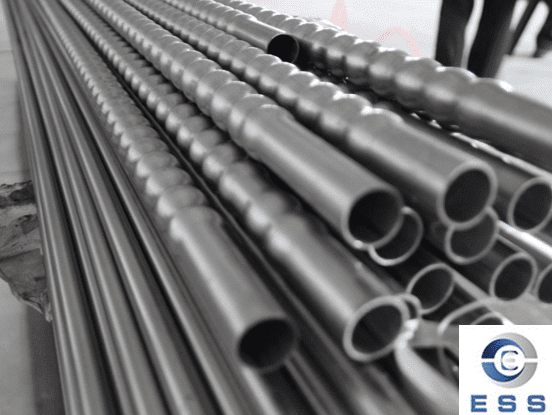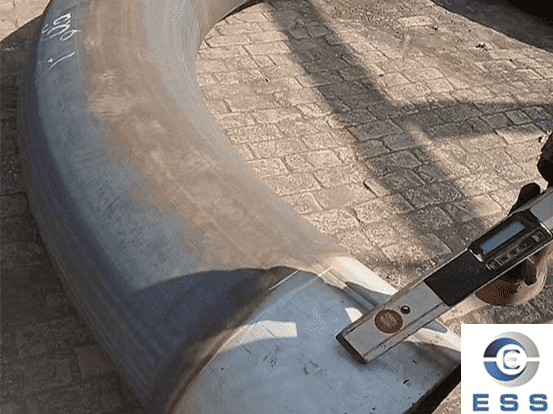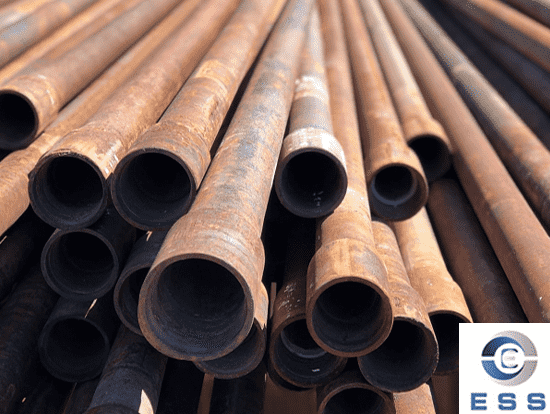The main function of heat
exchanger tube is to exchange heat between two media. They are made of
various materials, including carbon steel, low alloy steel, stainless steel,
etc. They have high thermal conductivity and good isothermal properties. Their
types can be selected according to specific needs. Heat exchanger tubes are
available in both seamless
pipe and welded steel
pipe. The type of pipe to be selected depends on different application
scenarios.

Classification of heat exchanger tubes
Heat exchanger tubes can be divided into
seamless tubes and welded tubes according to the manufacturing process. Among
them, seamless tubes are made by cold drawing or hot rolling, so they have
uniform wall thickness, good toughness and high strength, and are suitable for
working environments under special conditions such as high pressure and high
temperature.
Welded pipes are made by welding, with a
larger wall thickness and a certain amount of oxides inside the pipe, so they
are not as tough and strong as seamless pipes.
What kind of pipes are used in heat
exchangers?
Heat exchangers are a type of equipment
widely used in industrial production. Their main function is to transfer heat
from one fluid to another through heat conduction inside the pipe to achieve
heat exchange. In heat exchangers, there are both seamless pipes and welded
pipes depending on the specific working environment and technical requirements.
Generally speaking, for heat exchangers
with low wall thickness requirements under medium and low pressure conditions,
welded pipes will be used as heat exchanger tubes. For heat exchangers with
special requirements such as high pressure and high temperature, seamless pipes
will be selected as heat exchanger tubes to ensure their safety and reliability
during application.
Characteristics and application scope of
different types of pipes
1. Seamless pipe
Seamless pipe has uniform
wall thickness, good toughness and high strength. It is made of perforated
round steel. There is no weld on the surface. It has good sealing and is
suitable for working environments under special conditions such as high
pressure and high temperature. It is often used in the manufacture of
high-pressure boilers, steam turbines and other equipment in the industrial
field.
2. Welded pipe
The manufacturing process
of welded pipe is relatively simple, its wall thickness is large, and there is
a certain amount of oxide inside the pipe, so it is not as tough and strong as
seamless pipe. It is suitable for heat exchangers with low wall thickness
requirements under some medium and low pressure conditions.
Summary
In general, different types of pipes need
to be selected according to specific working conditions and technical
requirements. For some occasions with medium and low pressure requirements,
welded pipes are a good choice; for equipment manufacturing under high pressure
and high temperature conditions, it is necessary to choose seamless pipes with
uniform wall thickness, good toughness and high strength.













 Eastern Steel Manufacturing Co.,Ltd not only improve product production and sales services, but also provide additional value-added services. As long as you need, we can complete your specific needs together.
Eastern Steel Manufacturing Co.,Ltd not only improve product production and sales services, but also provide additional value-added services. As long as you need, we can complete your specific needs together.










